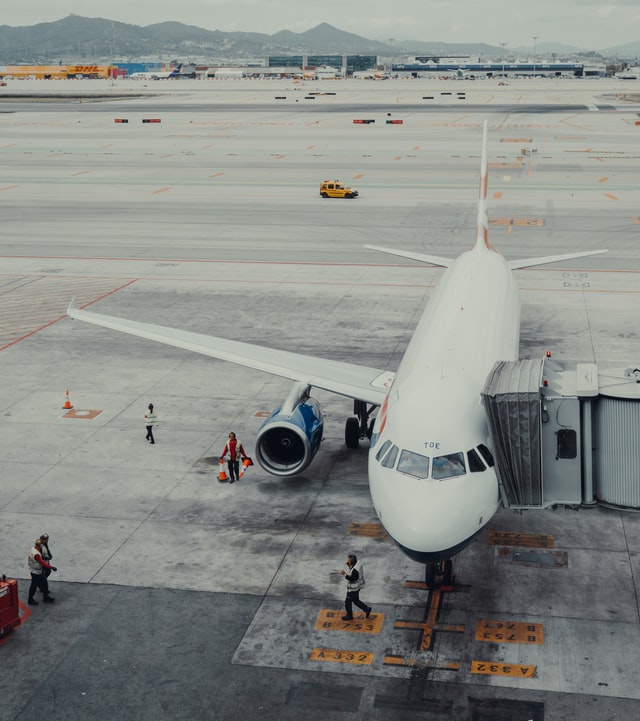
The Importance of Air Traffic Management
Airlines would not be able to function without air traffic management systems. Solutions, such as airspace design analysis models Sterling VA, help with airplane routing and operations. Take a look at this explanation concerning the importance of air traffic management.
Safety
Safety is a crucial part of the airline industry. There exist so many things that can negatively affect the safety of a plane’s passengers and flight crew, such as bad weather conditions, another aircraft, and unforeseen emergencies. Air traffic managers take all these things into consideration and coordinate flights that align with safety standards.
Time
A popular goal for many airlines is to have all of their planes depart and arrive on time. This is because a single delay can lead to a chain of delays and cancellations, costing airlines and passengers a significant amount of time and money. Moreover, many passengers have connecting flights to catch, so they need to arrive at their next location in a timely manner. Precision is key for traffic managers. They mitigate disruptions and direct planes in such a way that they leave and enter terminals at the right time.
Cost
Filling up an airplane with jet fuel is not cheap, nor is it cheap to fix an aircraft that experienced damage from an accident. This is why traffic managers have to guide planes in a way that is as cost-efficient as possible. If an airplane ended up wasting fuel in an attempt to dodge a problem that could have been avoided, then its airline would suffer a great monetary loss. Air traffic managers help airlines evade such losses by observing the airspace, controlling an aircraft’s on-the-ground movements, and issuing flight plan authorizations.
Air traffic management has saved lives and money. It has also given pilots, flight attendants, and passengers much-needed peace of mind.




